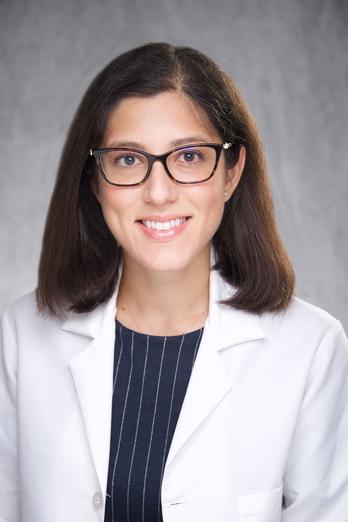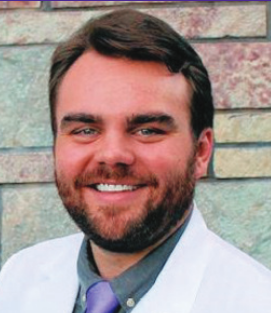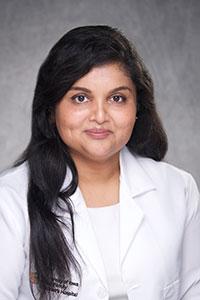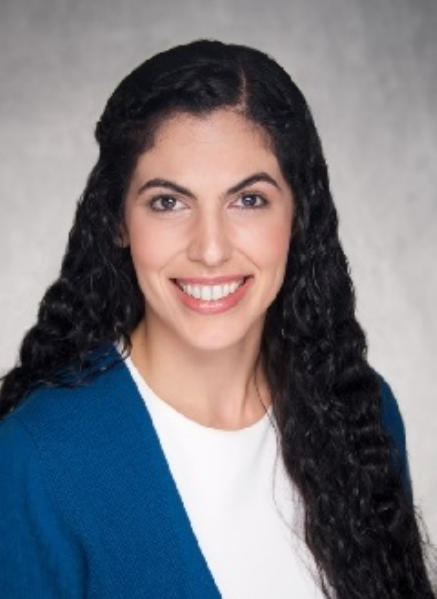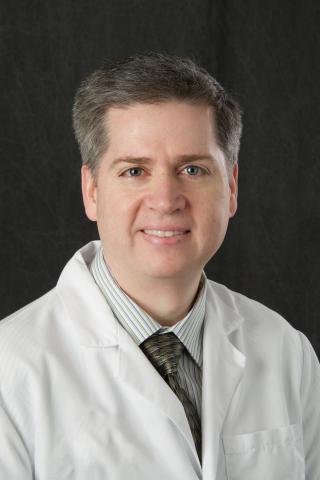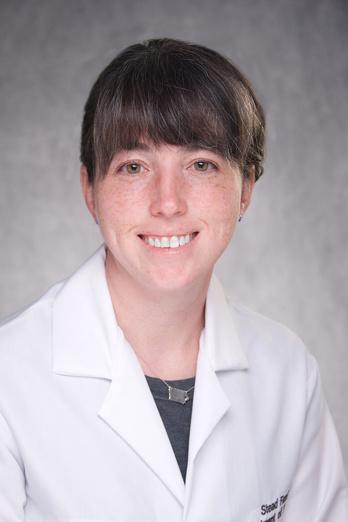
Turner syndrome is a genetic condition cause by complete or partial loss of an X chromosome in a person who otherwise would have an XX karyotype. There are multiple ways in which the X chromosome can be missing or partially lost. Sometimes, a person with Turner syndrome will have a mixture of cells in their body. An uncommon form of Turner syndrome occurs when some cells are have only one X chromosome (45,X karyotype) and other cells have three X chromosomes – termed 45,X/47,XXX mosaicism. The health implications of this form of Turner syndrome have not been well studied until now. A group of Turner syndrome experts across the United States, including our own Dr. Pinnaro, have cooperated to combine their experiences. Their findings are now published in the American Journal of Medical Genetics (PubMed link). They found that features of this form of Turner syndrome could be more subtle than more common forms. Because Turner syndrome can cause a wide variety of rare but serious health concerns, it is important for persons with Turner syndrome to receive medical care in a specialized clinic, such as the one staffed at our center by Dr. Pinnaro and Dr. Alexandrou.



